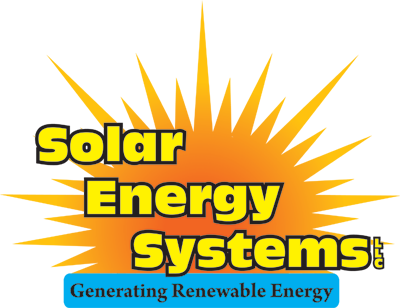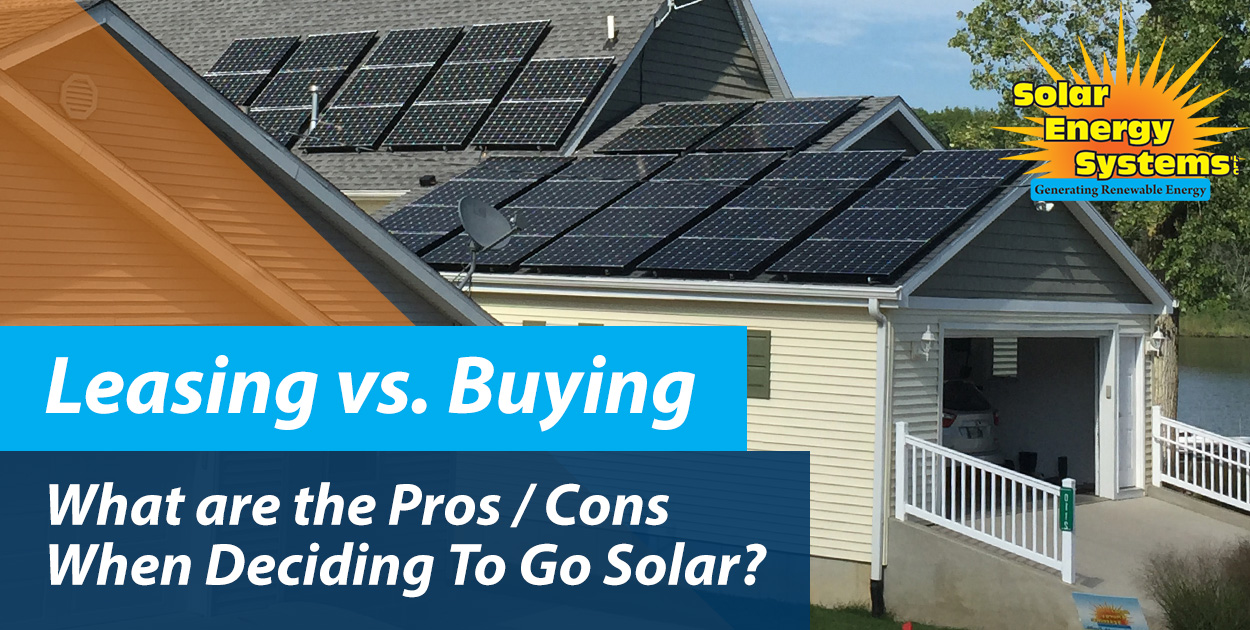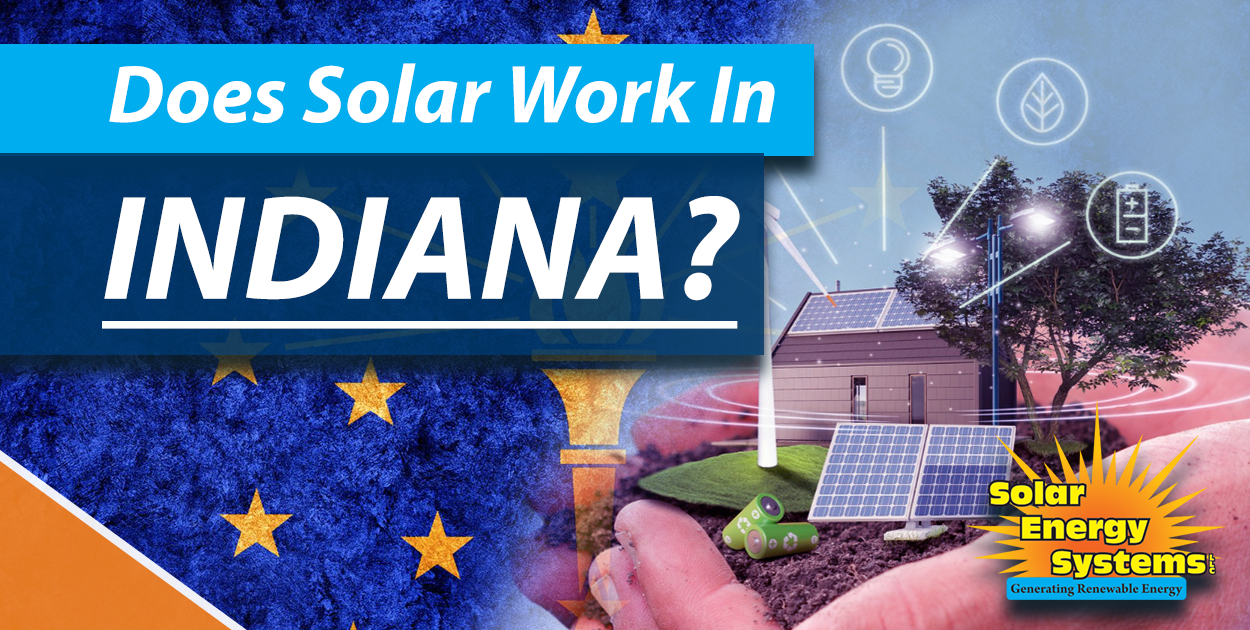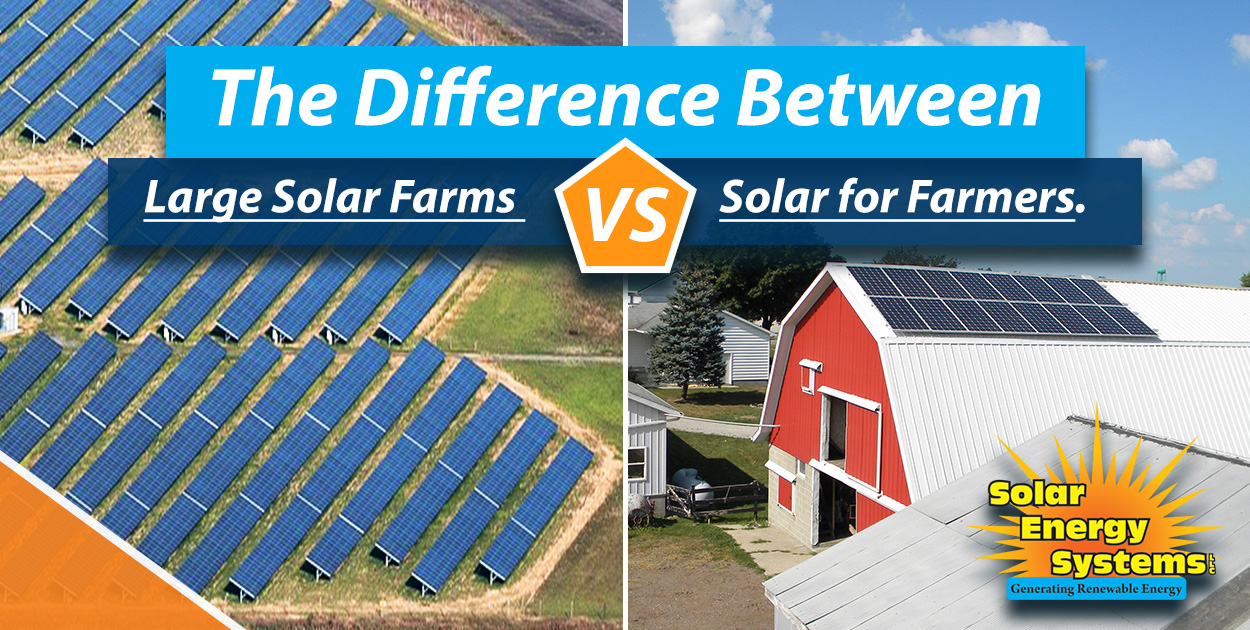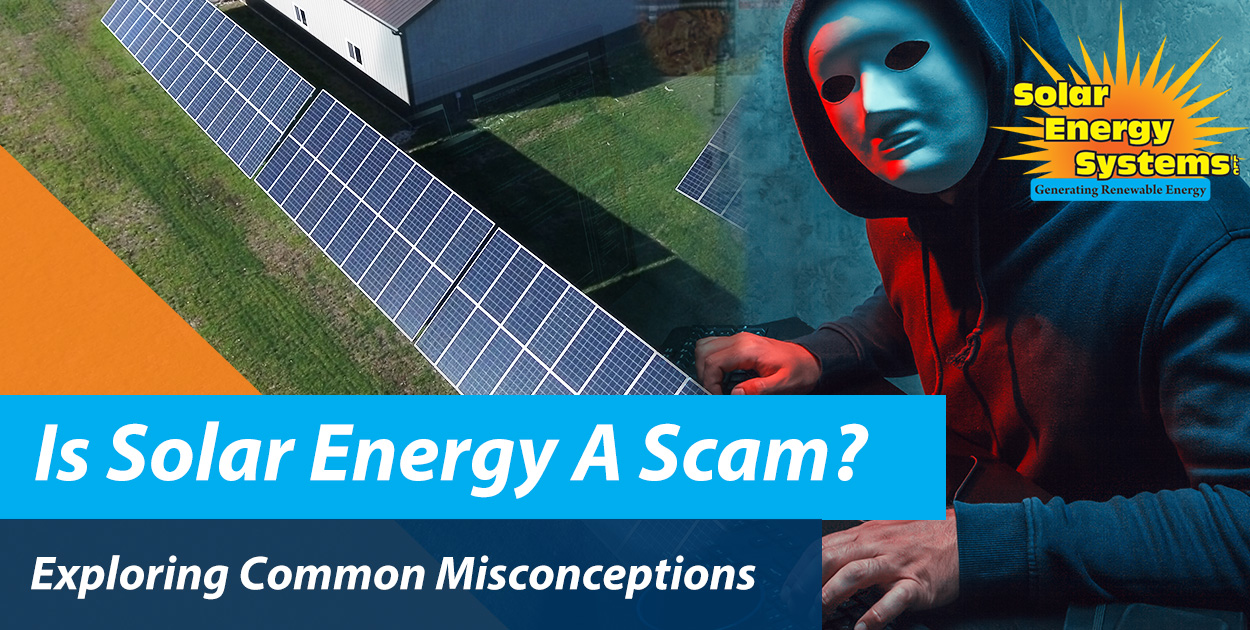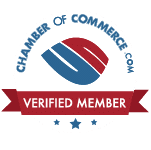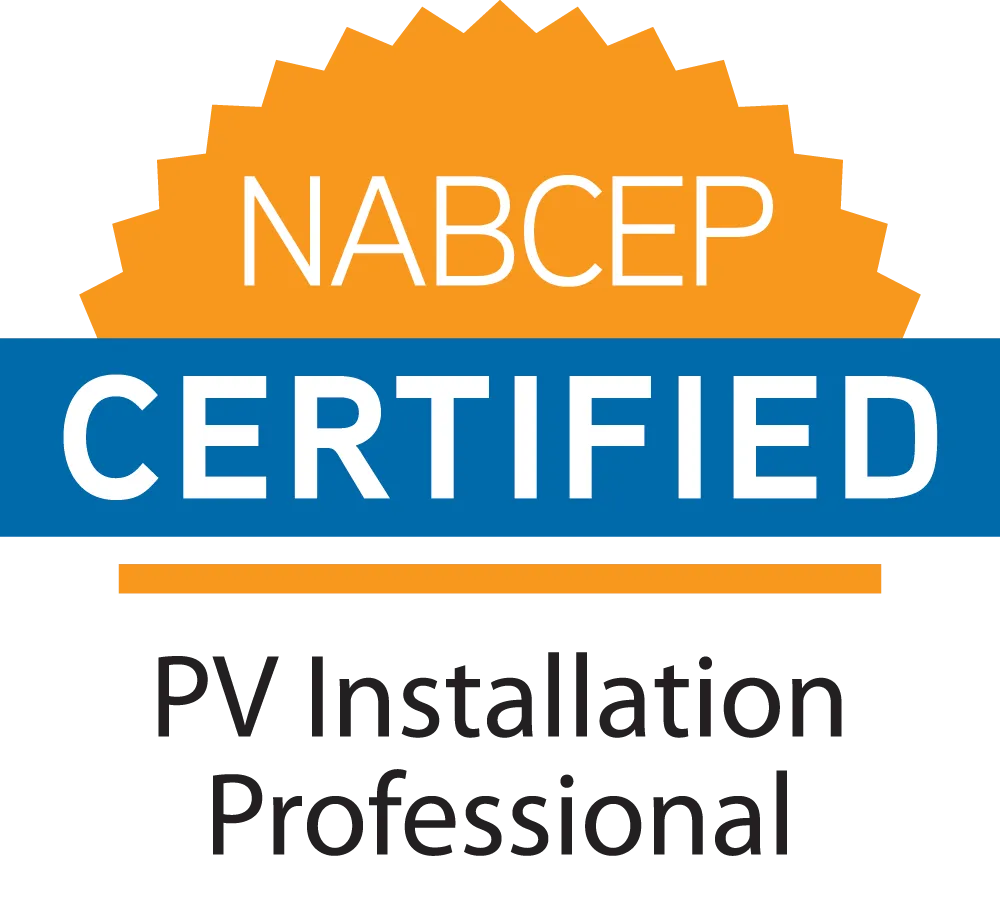Leasing vs. Buying Solar Panels: Which is Right for You?
Table Of Contents:
- Understanding Leasing vs. Buying Solar Panels
- Pros and Cons of Leasing Solar Panels
- Pros and Cons of Buying Solar Panels
- Which Option is Right for You?
- Factors to Consider When Deciding Between Leasing and Buying
- Making the Decision
How Do You Power Your Home?
When it comes to powering your home or farm with solar energy, one of the biggest decisions you’ll need to make is whether to lease or buy your solar panels. Both options have their advantages and drawbacks, so it’s important to understand the differences and weigh the pros and cons before making a decision. In this article, we’ll take a closer look at leasing vs. buying solar panels and help you determine which option is right for you.
Understanding Leasing vs. Buying Solar Panels
Leasing solar panels is essentially like renting them. You agree to pay a fixed monthly fee to the solar panel company for a certain period of time, usually 20 years. In exchange, the company will install and maintain the solar panels on your property. At the end of the lease term, you can either renew the lease, have the panels removed, or buy them at their fair market value.
Buying solar panels, on the other hand, involves purchasing the equipment outright. You’ll be responsible for the upfront costs of installation and maintenance, but you’ll also be eligible for federal tax credits and other incentives. Once you’ve paid for the panels, you’ll own them outright and can use the energy they generate for as long as they last.
Pros and Cons of Leasing Solar Panels
Pros:
- Little to no upfront costs
- No maintenance or repair costs
- Guaranteed performance and output from the panels
- The solar panel company will handle all permits and paperwork
Cons:
- Monthly lease payments can be high and will continue for the life of the lease
- You don’t own the panels, so you can’t take advantage of federal tax credits or other incentives
- You’ll need to get the solar panel company’s permission to make any changes or upgrades to your system
- If you sell your property before the lease is up, the lease will need to be transferred to the new owner, which can be a hassle
Pros and Cons of Buying Solar Panels
Pros:
- You’ll own the panels and can take advantage of federal tax credits and other incentives
- You’ll save money in the long run by generating your own electricity and potentially even selling excess energy back to the grid
- You have more control over the system and can make changes or upgrades as you see fit
- You’ll increase the value of your property
Cons:
- Upfront costs can be high and may be prohibitive for some homeowners or farmers
- You’ll be responsible for maintenance and repair costs, although many manufacturers offer warranties on their products
- If the panels don’t perform as well as expected, you’ll be responsible for fixing or replacing them
- You’ll need to handle all permits and paperwork yourself
Which Option is Right for You?
Deciding between leasing and buying solar panels ultimately comes down to your personal circumstances and goals. If you don’t have the upfront capital to purchase the panels, leasing may be the best option. If you want to own the panels outright and take advantage of incentives and tax credits, buying may be the better choice. Keep in mind that leasing may be more advantageous for those who plan on moving within the next 10-20 years, as they won’t be responsible for transferring ownership of the panels to a new owner.
Factors to Consider When Deciding Between Leasing and Buying
Leasing Solar Panels: Cons
- Limited Savings: While leasing may seem like a great way to save money on your energy bills without having to pay the upfront costs of buying solar panels, the reality is that the savings are often much more limited than if you were to purchase the panels outright. With a lease, you are essentially renting the panels from the leasing company, and while you may see some savings on your energy bills, the majority of the savings will go to the leasing company.
- Long-Term Cost: Another downside to leasing solar panels is the long-term cost. Most leases are long-term contracts that last anywhere from 10 to 25 years, and during this time, you will be required to make monthly payments to the leasing company. These payments can add up over time, and you may end up paying more for your solar energy than if you had purchased the panels outright.
- Limited Flexibility: When you lease solar panels, you are essentially locked into a long-term contract that may not be easy to get out of. If you decide that you want to sell your home or business before the end of the lease, you may be required to pay a penalty to the leasing company. Additionally, if you want to upgrade your solar system or make any changes to it, you may be limited by the terms of your lease.
Buying Solar Panels: Pros
- Long-Term Savings: One of the biggest advantages of buying solar panels is the long-term savings. While the upfront costs may be high, over time, you will see significant savings on your energy bills. Additionally, once you have paid off your panels, you own them outright, which means that you will not be required to make any more payments.
- Increased Home Value: Another advantage of buying solar panels is that they can increase the value of your home or business. Studies have shown that homes with solar panels are more attractive to buyers and can sell for higher prices than homes without solar.
- Flexibility: When you own your solar panels, you have complete control over your system. You can make any changes or upgrades that you want, and you are not locked into a long-term contract. Additionally, if you decide that you want to sell your home or business, you can take your solar panels with you or leave them as a selling point for the new owner.
While leasing solar panels may seem like an attractive option for those who are not able to pay the upfront costs of buying solar, it is important to consider the long-term costs and limitations of leasing. Buying solar panels may require a larger upfront investment, but it can offer significant long-term savings and increased flexibility. Additionally, when you own your solar panels, you are not dependent on the terms of a lease, and you have complete control over your system.
Which Option is Right for You?
When it comes to investing in solar energy for your home or farm, one important decision to make is whether to lease or buy your solar panels. Each option has its own advantages and disadvantages, and the right choice will depend on your specific circumstances and priorities. In this article, we will explore the factors you should consider when making this decision and provide guidance on how to choose the best option for you.
Factors to Consider When Deciding Between Leasing and Buying
- Financial Considerations: One of the primary factors to consider when deciding between leasing and buying solar panels is your budget. While buying your solar panels outright may require a larger upfront investment, it can offer greater long-term savings and a quicker return on investment. On the other hand, leasing solar panels typically requires little to no upfront cost, but may result in higher total costs over the long run.
- Ownership and Control: Another factor to consider is ownership and control. If you lease your solar panels, the leasing company will own and maintain them, and you will typically have limited control over their operation and maintenance. However, if you purchase your solar panels, you will own them outright and have full control over their operation and maintenance.
- Flexibility: Leasing solar panels can offer greater flexibility, as you may be able to upgrade or replace them more easily than if you own them outright. Additionally, leasing solar panels can be a good option for those who may move or sell their property in the near future, as the leasing company can typically transfer the lease to the new owner.
- Tax Credits and Incentives: Another important factor to consider is the availability of tax credits and incentives. Both leasing and buying solar panels can make you eligible for tax credits and other incentives, but the specifics can vary depending on the state you live in and the option you choose. Be sure to research the available tax credits and incentives before making your decision.
Making the Decision
After considering these factors and any others that may be relevant to your specific situation, you will need to weigh the pros and cons of each option to make the best decision for you. Ultimately, the right choice will depend on your budget, priorities, and future plans for your property. If you are unsure which option is right for you, it can be helpful to consult with a solar energy professional who can provide guidance and advice based on your unique circumstances.
At Solar Energy Systems, we specialize in helping homeowners and farmers make informed decisions about solar energy. Whether you are interested in leasing or buying solar panels, our team of experts can provide the guidance and support you need to make the best decision for your property and budget.
Ready To get Started With Solar?
If you are considering solar panels for your home or business, Solar Energy Systems can help you determine the best option for your needs. Contact us today to schedule a consultation and learn more about the benefits of owning your solar panels.
